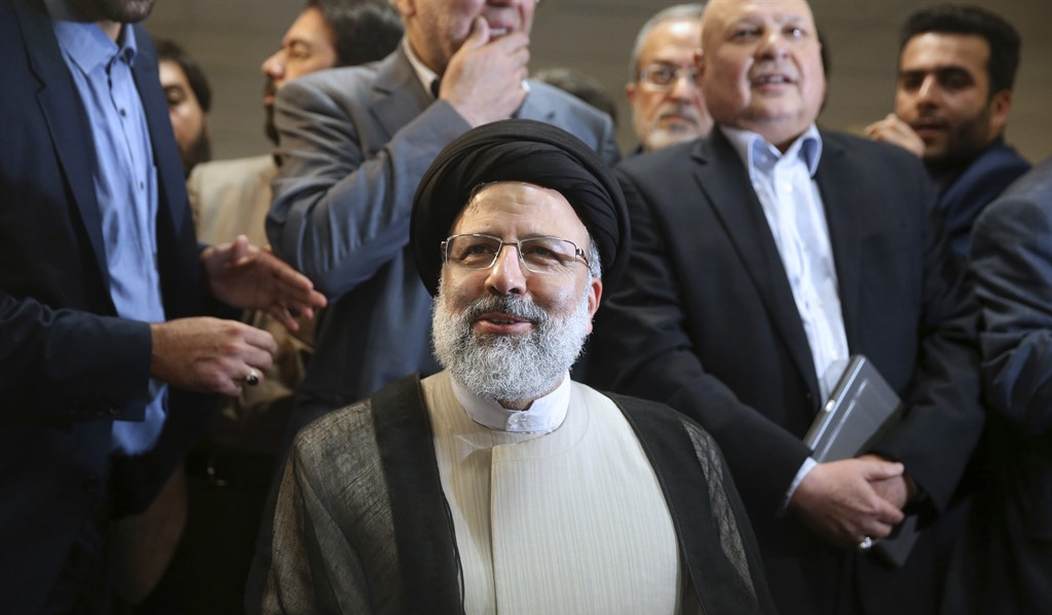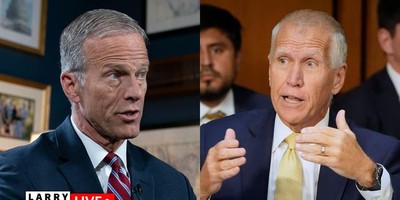On August 5, 2021, the new Iranian president, Ebrahim Raisi, will be inaugurated. Raisi was a member of the infamous Death Commission in Tehran in 1988. Along with Hossein Ali Nayyeri, the Sharia judge; Morteza Eshraqi, Tehran Prosecutor; Mostafa Pour-Mohammadi, Deputy Minister of Intelligence, Raisi was a key decision maker in the summary executions of thousands of members and supporters of the principal Iranian opposition movement, the Mujahedin-e Khalq (PMOI/MEK) in Evin and Gohardasht prisons. According to those who survived the massacre, Raisi played a dual role of prosecutor and a member of the death committee to deiced on the fate of prisoners.
Altogether 30,000 political prisoners were massacred in a matter of a few months and buried in unmarked mass graves. None had been sentenced to death and some had even completed their prison terms but were not released. No information on the victims, the manner in which they were murdered or where they were buried has been given to the families of the victims.
Raisi’s ascension to presidency drew international outrage. Javaid Rahman, the United Nations Special Rapporteur on the situation of human rights in Iran, called for the formation of an independent inquiry into the 1988 massacre. “I think it is time and it's very important now that Mr. Raisi is the president (-elect) that we start investigating what happened in 1988... Otherwise we will have very serious concerns about this president and the role, the reported role, he has played historically in those executions,” Rehman told Reuters news agency, adding, "There is a widespread and systemic impunity in the country for gross violations of human rights, both historically in the past as well as in the present."
Amnesty International’s Secretary General Agnès Calamard, echoed the same demand: “That Ebrahim Raisi has risen to the presidency instead of being investigated for the crimes against humanity of murder, enforced disappearance and torture, is a grim reminder that impunity reigns supreme in Iran… The circumstances surrounding the fate of the victims and the whereabouts of their bodies are, to this day, systematically concealed by the Iranian authorities, amounting to ongoing crimes against humanity.”
Recommended
True to form, when asked during his post-election news conference by reporters about his role in the killings, Raisi brazenly said, "If a judge, a prosecutor has defended the security of the people, he should be praised ... I am proud to have defended human rights in every position I have held so far."
In a related development, on August 10, five days after Raisi officially takes over, a court in Sweden is scheduled to open criminal proceedings against an Iranian national named Hamid Noury, who was arrested in November 2019, for his role in the 1988 massacre. According to theindictmentreleased by the Swedish Prosecutor Authority, Noury, an assistant to the deputy prosecutor at the time of the killings, committed a serious infringement Geneva Convention IV, including among others, of the common Article 3 of the Geneva Convention IV and of the universally recognized principles of international humanitarian law.”
“The violation of international law is to be regarded as serious because a very large number of people have been executed, tortured, and subjected to inhuman treatment in extremely cruel forms,” the indictment emphasized.
In a surprising revelation in the case, the War Crimes Unit (WCU) of the National Operations Department (NOA) of the Swedish Police, tasked with investigating Noury’s role, released a series of documents, including an email from Noury to an Iranian-Swedish national, Iraj Mesdaghi, who claims to be among the survivors of the 1988 massacre and a plaintiff in the proceedings. The email written nine months before Noury’s arrest in Sweden has caused alarm among the Iranian diaspora and the witnesses that the regime in Tehran, fearful of the exposure of the details of Raisi’s role during the trial, is attempting to manipulate the proceedings. Mesdaghi is notorious among Iranian exiles who point to his own admission of collaborating with prison authorities at the time of the 1988 killings.
The 1988 massacre reminds me of the “Dirty War” in Argentina in the late 1970s and early 1980s. The similarities between these two atrocities are striking in that the governments both attempted to cover up their wrongdoings — while the Argentine junta staged guerrilla attacks to justify their “civil war,” the Iranian regime simply denied the event ever happened and essentially tried to erase it from history.
Just as the members of the Argentinean junta were held accountable in the 1980s, the same must be done in Iran. Creating an international commission of inquiry into the crimes of the Iranian government would further establish this precedent of justice and protecting human rights and would display to the world that those who violate international law on such a deadly scale will be held responsible for their actions, including Ebrahim Raisi. The regime in Tehran must not be allowed to evade accountability.

























Join the conversation as a VIP Member